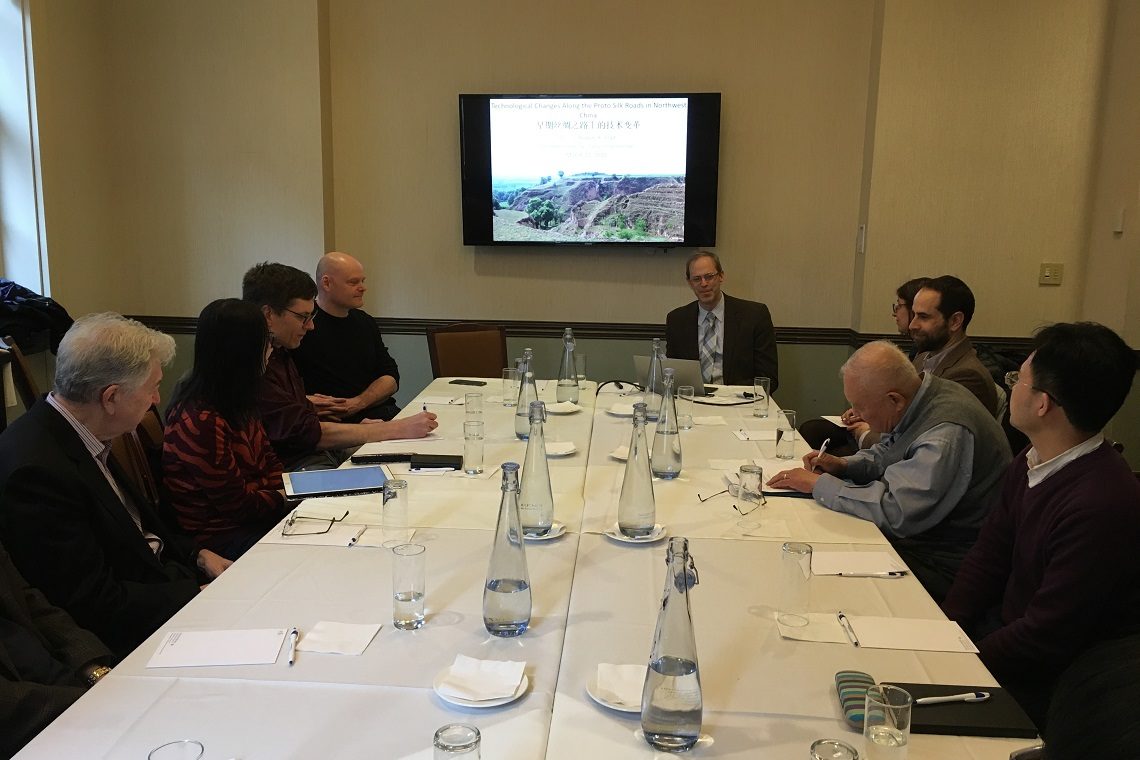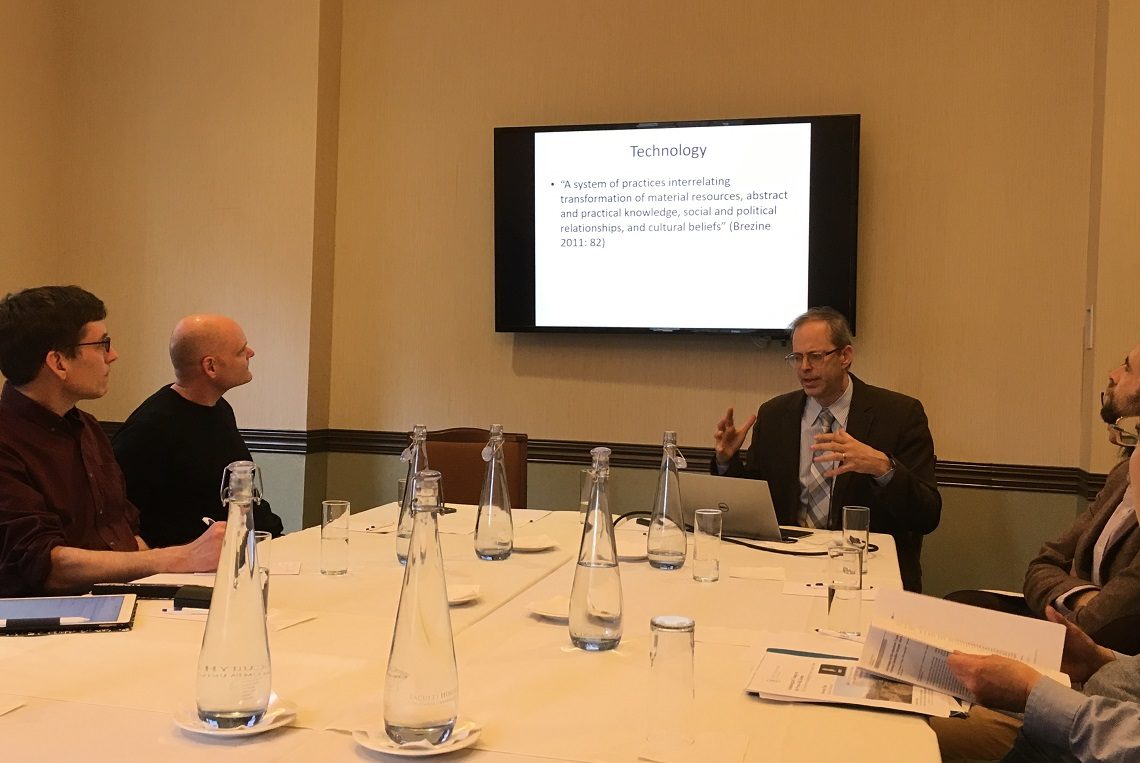March 23, 2018
Early China Seminar Lecture Series
Title: “Technological Changes on the Proto-Silk Roads: The Tao River Archaeology Project, Gansu, China”
Speaker: Rowan Flad, Harvard University
Time: March 23, 2018 (4:30-6:30 PM)
Location: Seminar Room 3 & 4, Faculty House
Around 4000 years ago a series of changes in subsistence and craft technologies conspired to radically transform material culture and human lives along the “proto-Silk Roads” in Northwest China. The most significant changes occurred during the Qijia Culture period (ca. 4200-3600 calBP). Bronze metallurgy became increasingly important, ceramic technology underwent radical changes, and new crops and animals moved in from the west and north. These changes laid the foundation for the Chinese Bronze Age.
The Tao River valley is a major tributary to the Yellow River and is located at the confluence of the historical networks of interaction and exchange that comprise the “Silk Roads,” which include connections through the Hexi Corridor to Central Asia, as well as the “Southern Silk Road” involving connections along the eastern fringes of the Tibetan Plateau south towards Southeast Asia. The river valley is rich in sites dating to the entire sequence of regional archaeological cultures that comprise the prehistoric chronology in the region: Yangshao culture (ca. 7000-5000 BP); Majiayao, Bansan and Machang “Painted-pottery” cultures (ca. 5200-4000 BP); Qijia culture; and the post-Qijia, Xindian (3600-2600 BP) and Siwa (ca. 3300-2500 BP) cultures. Furthermore, the type sites for many of these cultural traditions, including Majiayao, Qijia, Xindian and Siwa, are all found along this river. The Tao River Archaeological Project (TRAP) explores fundamental questions about the nature of technology and technological change and the relationships between technological and social change in this region. The project builds on extensive preliminary work from 2012-2015 and involves further survey and excavations in 2016 and 2017.


